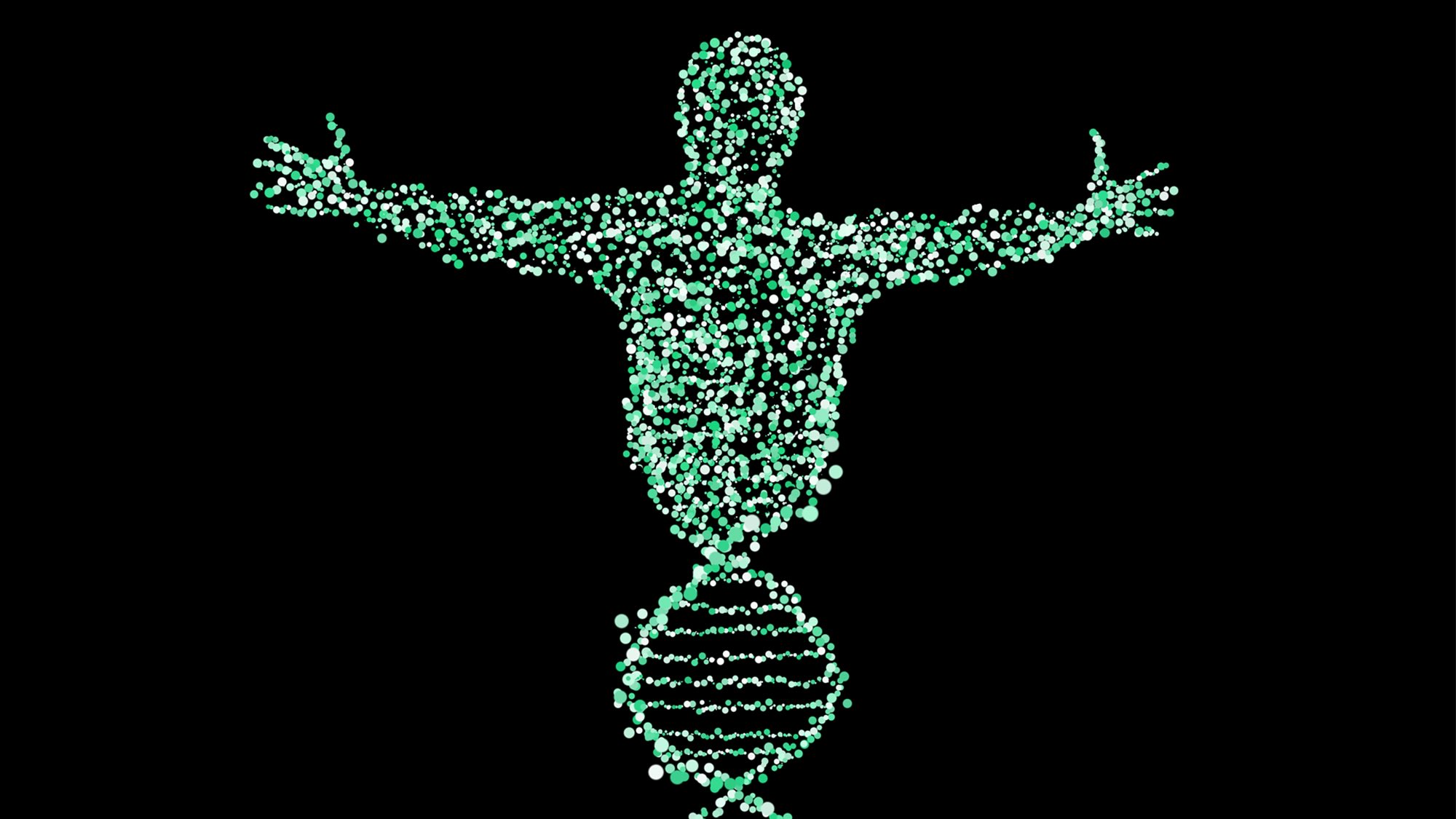
Epigenetics is a fascinating field that explores how genes can be turned on or off without changing the DNA sequence. But what exactly is epigenetics? In simple terms, it’s the study of how your behaviors and environment can cause changes that affect the way your genes work. Unlike genetic changes, epigenetic changes are reversible and do not alter your DNA sequence, but they can change how your body reads a DNA sequence. This means that factors like diet, stress, and exposure to toxins can influence gene expression. Intrigued? Let’s dive into 26 mind-blowing facts about epigenetics that will change the way you think about your genes and health.
What is Epigenetics?
Epigenetics is the study of how behaviors and environment can cause changes that affect the way genes work. Unlike genetic changes, epigenetic changes are reversible and do not change your DNA sequence, but they can change how your body reads a DNA sequence.
- Epigenetics means "above genetics." It refers to external modifications to DNA that turn genes on or off.
- Epigenetic changes can be influenced by several factors. These include age, environment, lifestyle, and disease state.
- DNA methylation is a common epigenetic mechanism. It involves adding a methyl group to DNA, often silencing gene expression.
- Histone modification is another key mechanism. Histones are proteins that DNA wraps around, and their modification can impact gene expression.
- Epigenetic changes can be inherited. Some epigenetic tags can be passed from one generation to the next.
How Epigenetics Affects Health
Epigenetics plays a crucial role in various health conditions. Understanding these mechanisms can help in developing new treatments and preventive measures.
- Epigenetics is linked to cancer. Abnormal epigenetic changes can activate oncogenes or deactivate tumor suppressor genes.
- It influences mental health. Epigenetic changes have been associated with conditions like depression, schizophrenia, and bipolar disorder.
- Epigenetics affects aging. Changes in epigenetic markers are linked to the aging process and age-related diseases.
- It plays a role in obesity. Epigenetic modifications can influence metabolism and fat storage.
- Epigenetics impacts the immune system. It can affect how the body responds to infections and diseases.
Epigenetics in Development
Epigenetics is essential for normal development. It helps cells differentiate into various types, despite having the same DNA.
- Epigenetics guides cell differentiation. It helps stem cells develop into different cell types like muscle, nerve, or blood cells.
- It is crucial during embryonic development. Epigenetic changes help regulate genes necessary for forming tissues and organs.
- Parental imprinting is an epigenetic phenomenon. It involves genes being expressed in a parent-of-origin-specific manner.
- X-chromosome inactivation is epigenetic. In females, one of the X chromosomes is inactivated to balance gene dosage between sexes.
- Epigenetic reprogramming occurs in early development. It resets epigenetic marks to ensure proper development.
Environmental Impact on Epigenetics
The environment can significantly influence epigenetic changes, affecting health and development.
- Diet can alter epigenetic marks. Nutrients like folate, B vitamins, and polyphenols can impact DNA methylation.
- Stress affects epigenetics. Chronic stress can lead to epigenetic changes that influence mental and physical health.
- Exposure to toxins can modify epigenetics. Chemicals like tobacco smoke and pollutants can cause harmful epigenetic changes.
- Exercise influences epigenetic markers. Physical activity can lead to beneficial epigenetic modifications.
- Sleep patterns affect epigenetics. Poor sleep can lead to adverse epigenetic changes impacting overall health.
Epigenetics in Medicine
Epigenetics is opening new avenues in medical research and treatment, offering potential for personalized medicine.
- Epigenetic drugs are being developed. These drugs aim to reverse abnormal epigenetic changes in diseases like cancer.
- Epigenetic biomarkers are used in diagnostics. They help in early detection and monitoring of diseases.
- Gene therapy can involve epigenetics. Techniques are being developed to modify epigenetic marks to treat genetic disorders.
- Epigenetics is crucial in regenerative medicine. It helps in understanding how to reprogram cells for tissue repair and regeneration.
- Personalized medicine uses epigenetics. Treatments can be tailored based on an individual's epigenetic profile.
Future of Epigenetics
The field of epigenetics is rapidly evolving, with promising implications for science and medicine.
- Epigenetics could revolutionize healthcare. Understanding and manipulating epigenetic changes could lead to breakthroughs in treating various diseases and improving health outcomes.
The Power of Epigenetics
Epigenetics shows how our environment and lifestyle can influence our genes. It’s not just about what we inherit from our parents but also how our choices can affect our genetic expression. From diet to stress levels, many factors can turn genes on or off, impacting our health and well-being.
Understanding epigenetics opens doors to personalized medicine, where treatments can be tailored to individual genetic profiles. It also emphasizes the importance of healthy habits, as these can have lasting effects on our genes and those of future generations.
Epigenetics is a game-changer in science and medicine. It bridges the gap between nature and nurture, showing that while we can’t change our DNA sequence, we can influence how our genes behave. This knowledge empowers us to make informed decisions for a healthier life.
Was this page helpful?
Our commitment to delivering trustworthy and engaging content is at the heart of what we do. Each fact on our site is contributed by real users like you, bringing a wealth of diverse insights and information. To ensure the highest standards of accuracy and reliability, our dedicated editors meticulously review each submission. This process guarantees that the facts we share are not only fascinating but also credible. Trust in our commitment to quality and authenticity as you explore and learn with us.
